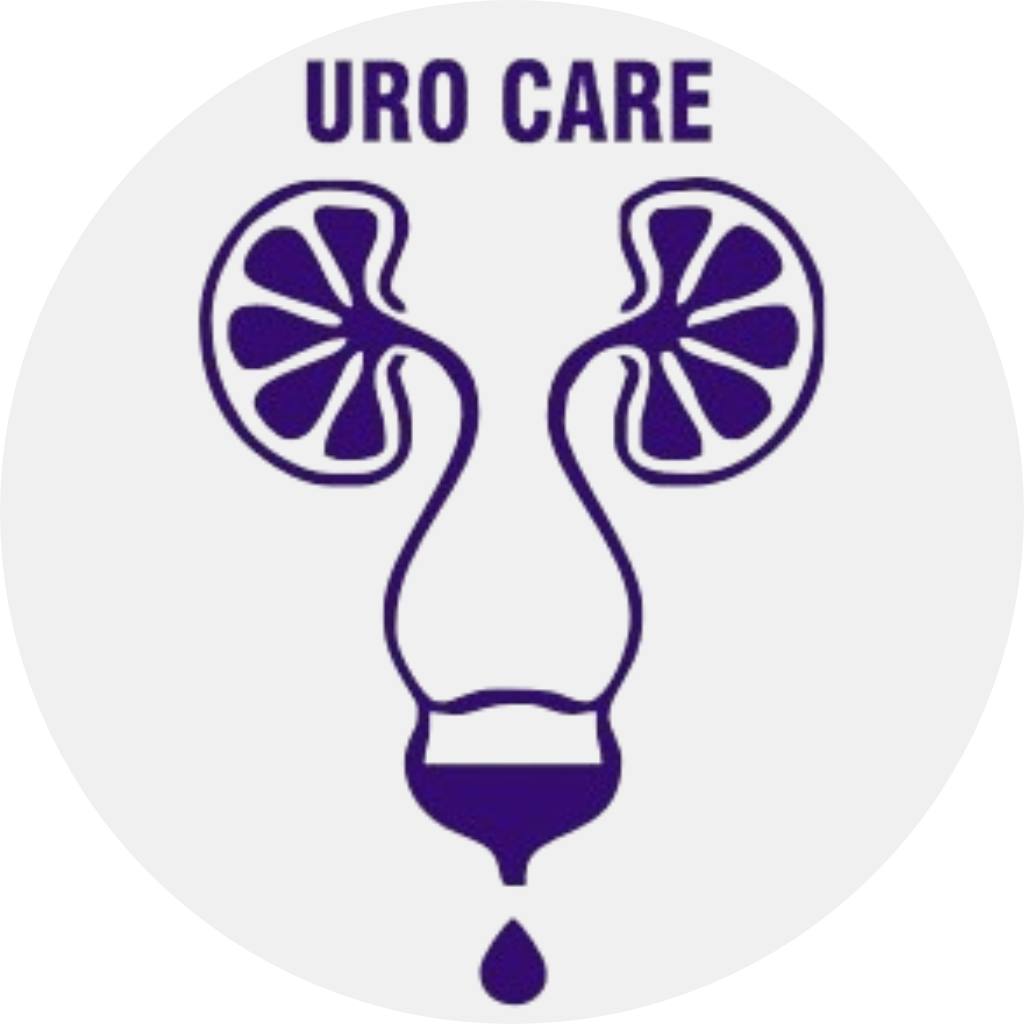Introduction: What is Erectile Dysfunction?
Erectile dysfunction (ED) is the inability to achieve or maintain an erection sufficient for sexual intercourse. It is a common condition that affects men of all ages, though its prevalence increases with age. ED can have a profound impact on relationships and self-esteem, but it is important to recognize that it is a treatable condition.
ED is often a symptom of underlying health issues, so addressing the root causes is key to successful treatment.
Causes of Erectile Dysfunction
ED can result from physical, psychological, or a combination of both factors. Understanding these causes is essential for finding the appropriate treatment.
Physical Causes:
Cardiovascular Issues: Poor blood flow, often due to clogged arteries or high blood pressure, is one of the leading causes of ED.
Diabetes: Diabetes can damage blood vessels and nerves, leading to difficulty achieving an erection.
Hormonal Imbalances: Low testosterone levels or other hormonal issues can contribute to ED.
Obesity: Being overweight or obese increases the risk of developing ED by contributing to vascular problems and low testosterone levels.
Medications: Some medications can cause ED as a side effect, including certain antidepressants, blood pressure medications, and antihistamines.
Psychological Causes:
Stress and Anxiety: Performance anxiety, work stress, or financial worries can all interfere with sexual function.
Depression: Men with depression may experience a reduced libido and difficulty getting or maintaining an erection.
Relationship Issues: Problems in a relationship can lead to emotional distress, which can contribute to ED.
Diagnosing Erectile Dysfunction
Diagnosing ED typically involves a medical history review, physical exam, and possibly some tests. Your healthcare provider may ask about your sexual health, lifestyle, and any underlying health conditions.
Tests may include:
Blood Tests: To check for hormone levels, blood sugar, cholesterol, and other factors that could affect sexual function.
Ultrasound: To check blood flow to the penis and evaluate vascular issues.
Psychological Evaluation: To identify any emotional or mental health concerns contributing to ED.
Treatment Options for Erectile Dysfunction
Treatment for ED depends on the underlying cause of the condition. Common treatment options include:
Lifestyle Changes:
Exercise: Regular physical activity improves blood flow and overall health.
Healthy Diet: Eating a balanced diet rich in fruits, vegetables, and whole grains can improve cardiovascular health.
Weight Management: Maintaining a healthy weight can reduce the risk of ED related to obesity and diabetes.
Medications:
Phosphodiesterase type 5 inhibitors (PDE5 inhibitors): Medications increase blood flow to the penis and help achieve an erection.
Psychotherapy:
Therapy can help address psychological causes of ED, such as anxiety, depression, or relationship issues.
Vacuum Pumps:
These devices help draw blood into the penis to produce an erection.
Surgery:
In cases of severe ED, surgical interventions like penile implants or vascular surgery may be considered.
Conclusion
Erectile dysfunction is a treatable condition that can be caused by a range of physical and psychological factors. Early diagnosis and treatment are crucial for improving symptoms and addressing any underlying health issues. If you are experiencing ED, it’s important to talk to your healthcare provider, as they can help you determine the most effective treatment plan.
Consult us today at Urocare for expert guidance!


